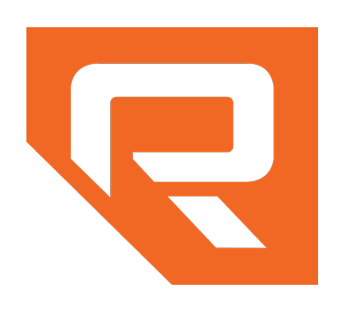US Patent & Trademark Office Suspends Expedited Examination for Design Patents
The USPTO issued an announcement on April 14 that as of April 17, 2025, it will suspend taking requests for expedited examination of design applications under 37 CFR 1.155. This procedure had allowed applicants to obtain expedited examination in exchange for payment a fee (currently $1,720 for a large entity) and providing information concerning a pre-examination search of the prior art. This “rocket docket” provision for design applications has been in effect since September 2000.
The announcement cites 37 CFR 1.183 as the authority for the action. This rule allows (among other things) the Director to sua sponte suspend any patent rule that is “not a requirement of the statutes.” The reasons given in the announcement for the suspension of expedited examination are:
1) the increase in pendency of non-expedited applications due to the great increase in requests for expedited examination (reaching “close to 20% of design applications” in fiscal 2024, according to the announcement); and
2) a supposedly pervasive problem of applicants filing erroneous micro entity certifications in design applications undergoing expedited examination. (A news release issued by the USPTO referred to the suspension as being connected to “efforts to combat fraud,” but the announcement itself includes no mention of fraud.)
It's only speculation, but the real reason behind the USPTO’s move may be to enable the Office to operate with fewer examiners than would otherwise be needed. As the announcement states, “because examiners are given additional examining time for applications undergoing expedited examination under 37 CFR 1.155, suspension of the expedited examination procedure for design applications would result in a savings of roughly 36,000 examination hours per year.”
Thus without expedited examination, a given number of examiners can examine more applications, enabling the USPTO to reduce (or just not increase as much) the number of examiners handling design applications. Of course, there is a cost to the USPTO in lower revenues by giving up the additional fees for expedited examination, and to applicants who relied on expedited examination to obtain design patents quickly.
The attorneys at Renner Otto will continue to monitor this and other changes at the USPTO. We strive to be authorities in all matters concerning the ever-evolving landscape of Intellectual Property; however, the information provided on our website is not intended to be legal advice, nor does it create an attorney-client relationship.
Contact us for a complimentary consultation.

